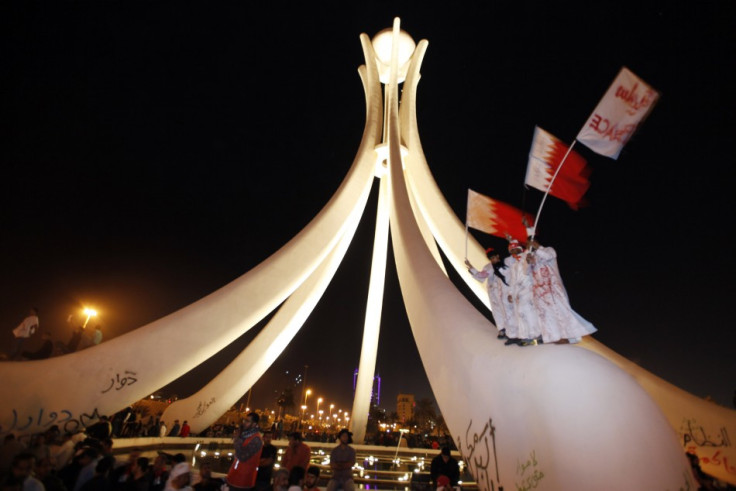Fresh Clashes in Bahrain as Report Accuses Regime of Using 'Excessive Force'

Riot police in Bahrain's capital Manama have fired teargas on protesters who have taken to the streets Wednesday to mark the publication of a much-anticipated report on this spring's Pearl revolution.
Opposition leaders have called for fresh protests aimed at toppling the country's Western and Saudi-backed regime.
The Bahrain Independent Commission of Inquiry (BICI) was established in June by King Hamad bin Isa Al Khalifa in order to investigate and report on the government crackdown on protesters in February and March that left more than 40 dead and hundreds injured.
"The Commission was asked to determine whether the events of February and March 2011 (and thereafter) involved violations of international human rights laws and norms," its website states.
Inspired by events in Tunisia and Egypt, pro-democracy demonstrations were held at Manama's Pearl roundabout earlier this year. But the peaceful demonstrations soon turned bloody when Saudi Arabia sent in it military forces to help the Khalifa regime supress the protests.
The Gulf island state has a majority Shia population ruled over by a minority Sunni dynasty. In the weeks and months following the crackdown, state agents arrested more than 1,600 individuals involved in the protests, including several doctors and nurses from Salmaniya hospital who were accused of fabricating injuries and being involved in a Shia-led insurgency. The regime has taken great pains to paint the events of February and March as sectarian clashes led by Shia forces. Protesters strongly deny these claims and say the government is trying to detract attention from the atrocities committed in its name.
The lack of clear information about what happened in Bahrain in the spring is one of the key reasons that the BICI report has been so nervously anticipated. Opposition figures hope that the independent nature of the commission will mean that the Khalifas will finally be made to take responsibility for the killing of innocent civilians.
Indeed, in advance of the report's publication (and perhaps in expectation of its findings) the Bahraini government issued a statement Monday admitting to the use of "excessive force" on protesters.
Critics say the commission, whose five members were appointed directly by King Hamad Al Khalifa, will not expose the true crimes of the Bahraini regime. Scepticism about the objectivity of the report was heightened in August when BICI chairman Mahmoud Cherif Bassiouni said there was "no evidence of routine torture" used by government forces. He later backtracked on the claim.
The government has praised the report as a pinnacle of transparency and has said it is part of an ongoing reconciliation programme to promote national dialogue and reform. Foreign PR advisers have been hired to devise a strategy to effectively promote the report.
But pro-democracy protesters say that this is not enough.
"If the government thinks a fancy party, and a glossy report will end the uprising, they are sadly mistaken. The struggle for democracy will continue," said Alaa Shehabi, whose husband is currently in prison for his part in February's uprising.
"This report gives Bahrain's authorities a key opportunity to demonstrate that they intend to deliver justice to victims of abuse and carry through on promises of reform," said Amnesty International.
A government spokesman told the BBC that Bahrain is "a very polarised society."
"In order to move forward we need to find out the truth."
© Copyright IBTimes 2024. All rights reserved.






